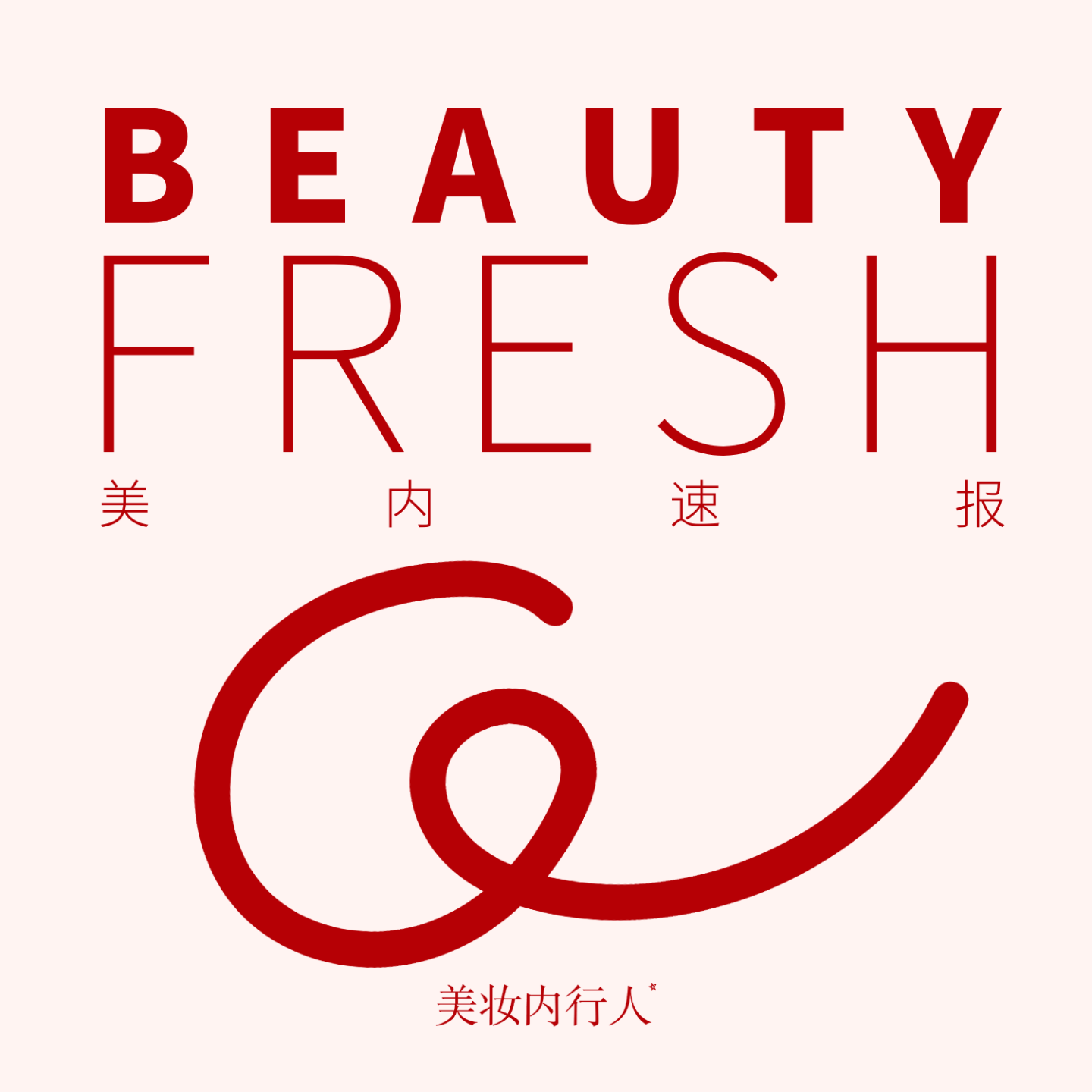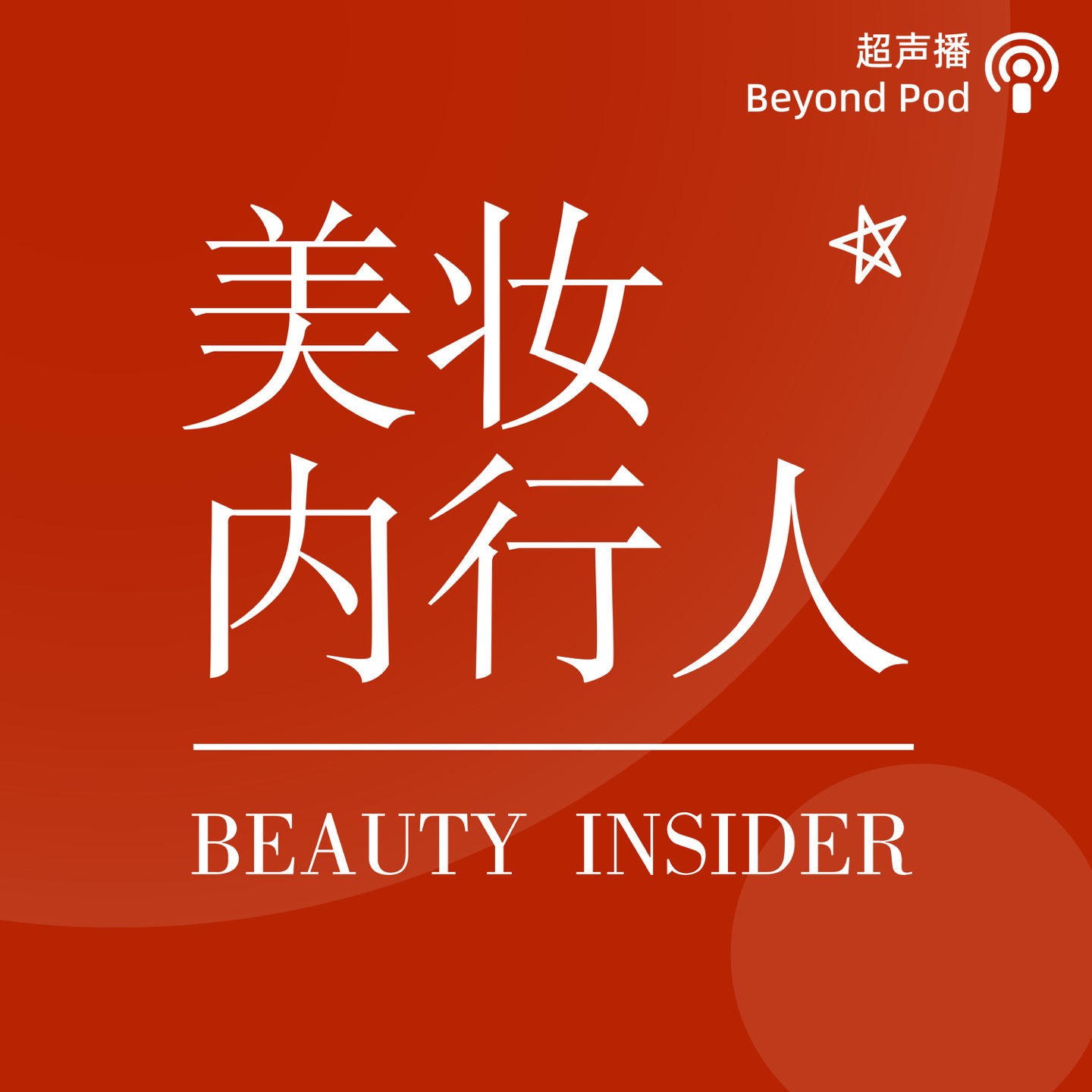
美内速报|外媒预测2025年5大美容趋势,毛戈平将挂牌上市 Vol.29

美妆内行人
Deep Dive
What are the five major beauty trends predicted by Cosmetics Business for 2025?
The five major beauty trends for 2025 include: 1) The 'Private Glutathione Effect,' focusing on skincare solutions for issues related to rapid weight loss; 2) Eye makeup as a tool for self-expression; 3) Preventive skincare emphasizing skin health and sustainable results; 4) A rebellion wave in the beauty industry; 5) The rise of entertainment-driven beauty brands.
What is the largest and most stable segment in the global beauty and skincare industry according to Euromonitor?
The skincare category is the largest and most stable segment in the global beauty and skincare industry, with the market size projected to reach $404.7 billion by 2026. Fragrance and makeup categories are also expected to recover.
What were the key trends in Black Friday 2024 sales?
In 2024, Black Friday total spending increased by 3.4%, with total sales reaching $10.8 billion, a 10.2% year-on-year growth. However, in-store sales grew only 0.7%, while e-commerce sales surged by 14.6%, indicating a strong shift towards online shopping.
What is the significance of the Jinan High-Tech Zone's approval as Shandong's first 'cosmetics industry belt'?
The Jinan High-Tech Zone, approved as Shandong's first 'cosmetics industry belt,' reported a network retail sales of 36.4 billion yuan from January to October 2024, ranking first in the city. It has cultivated domestic brands like Quadi, Aibeishi, and Banmu Huatian, with the cosmetics industry accounting for 78% of the city's total.
What are the key highlights of Unilever's 2030 growth plan?
Unilever's 2030 growth plan includes integrating four brands—Olly, K18, Hourglass, and Nexus—into its core portfolio, aiming to drive premiumization. The company also plans to spin off its ice cream business by 2025, reflecting its focus on high-end beauty and health markets.
What sustainability milestone has L'Oréal achieved in its South Asia-Pacific, Middle East, and North Africa operations?
L'Oréal has achieved 100% renewable energy usage across all its factories, distribution centers, administrative offices, and R&D centers in the South Asia-Pacific, Middle East, and North Africa regions, two years ahead of its 2025 target.
What is the latest development in Peter Thomas Roth's re-entry into the Chinese market?
Peter Thomas Roth has announced its return to the Chinese market, emphasizing its commitment to providing exceptional skincare experiences. Despite earlier speculation about its exit, the brand clarified that its online channel adjustments were part of a strategic realignment, not a withdrawal.
What is the outcome of the CSS Xi Yan Cui false advertising case involving influencer Luo Wangyu?
CSS Xi Yan Cui's parent company, Shanghai Jingyue Trading Co., was fined 500,000 yuan for false advertising after its product was found to lack the claimed olive bitter ingredient. Influencer Luo Wangyu, who promoted the product, was also implicated in the controversy.
What is the latest update on Mao Geping's IPO?
Mao Geping is set to list on the Hong Kong Stock Exchange on December 10, 2024, with an IPO price range of 26.3 to 29.8 HKD per share. The IPO has attracted six cornerstone investors, including CPE Investment and Ivy Capital, who collectively subscribed to $100 million worth of shares.
What is the current status of Kose's operations in China?
Kose is reportedly planning a full withdrawal from the Chinese market, having already closed its Tmall flagship store in April 2024. Only two physical stores in Shanghai and Beijing remain operational. The brand's sales in China dropped by 34.7% in 2023, reflecting intense competition and shifting consumer preferences.
- 私美格鲁泰效应
- 眼部彩妆
- 预防性皮肤护理
- 护肤品类规模最大增长最稳定
Shownotes Transcript
2024年12月9日 星期一 Vol.29
本期当班主播:何慕Simon
- 近日,外媒 Cosmetics Business 对美容行业进行了2025年的发展预测,总结出了2025年的5大美容趋势。本期节目将会揭晓「规模最大、增长最为稳定」的美护赛道究竟是哪一个呢?
(图片来源:cosmeticsbusiness官网)
- 毛戈平漫长的上市之路,总算是到了里程碑式的节点,挂牌上市日期,基石投资者又分别是谁?“港股国货彩妆第一股”即将诞生。
(图片来源:maogepingbeauty官网)
- 继上周「美内速报」报道了日系美妆四巨头,光环不再的消息后,本周与日妆市场相关的报道又在进一步发酵。在本期节目的后半段,将为大家一起打包。
(图片来源:CBO)
- Cosmetics Business 预测2025年5大美容趋势
- 2024年“黑色星期五”线下冷清,线上销售大幅增长
- 济南高新区获批山东省首个“化妆品产业带”
- 联合利华发布2030年增长计划,四大新品牌纳入核心
- 韩束官宣「丁禹兮」为品牌代言人
- 欧舒丹举办「手心上的礼物」新年音乐会
- 彼得罗夫重返中国,发文称“再谱华章”
- 欧莱雅部分运营站点实现 100% 可再生能源目标
- Aesop伊索「杭州」嘉里中心店开业
- 欧莱雅与「日本乐天集团」联手打造AI驱动个性化美妆
- 骆王宇带货的「CSS希妍萃」因虚假广告被罚50万元
- 花洛莉亚因广告擦边被罚2.5万元
- 传「高丝」退出中国市场
- 毛戈平预计12月10日挂牌上市,引入常春藤等基石投资者
- 花王集团大规模人事调整,共涉及19 位高管
- 观夏推出2025新春限定系列「蛇行新岁·逍遥游」
(图片来源:观夏小红书)
- 卡姿兰推出“鎏金焰火”新年礼盒
(图片来源:郭梦剪纸小红书)
- 菜鸟和配方师推出首款宠物友好护手霜(图片暂未公布)
(图片来源:菜鸟和配方师小红书)
- 美宝莲水灵灵腮红&高光液
(图片来源:Maybelline美宝莲纽约小红书)
以上资讯来自,聚美丽、FBeauty未来迹、时尚商业Daily、Vogue Business,感谢以上媒体资讯平台。
—————————
【本期主播】
何慕
美妆内行人 内容编辑 & 媒体运营
—————————
🗣 欢迎与我们在评论区互动,提出你对速报的想法 & 建议
👉🏻 请添加小助理vx进群: mznhr2022
🎁 微信公众号:美妆内行人 Beauty Insider
—————————
【BGM】
Human-Machine Interface_Martin klem
【Staff】
制作监制:hec、Eliza
内容编辑:何慕
视觉设计:蟹肉